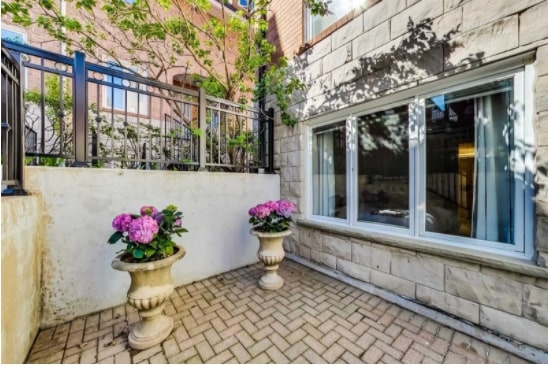
What happens when all or part of the property changes from a principal residence to a rental (or vice versa)?
When all or part of a property goes from a principal residence to a rental (or vice versa) it is called change in use of property. When this happens, the taxpayer is deemed to have disposed of the property at the fair market value. This results in capital gain, or loss, in the year the change in use occurs. As one does not receive proceeds of deemed disposition in that year, it is always advisable to file an election to defer paying income tax on capital gains until an actual sale happens.
Principal Residence to Rental
When a property goes from a principal residence to a rental, there will be no capital gain because of the Principal Residence Exemption.
If you make a subsection 45(2) election, do not make the mistake of claiming depreciation,also known as capital cost allowance (CCA), on the property; and you must report the net rental income on your tax return. You can designate the property as your principal residence for up to four years, even if you don’t stay there, but do not designate any other property (e.g., vacation home or cottage) as your principal residence during this time frame. In the future, if you decide to move back to that unit, there is no immediate tax consequence.
This election must be made in the year the change in use occurs.
For example, if you rented for 6 out of 17 years of ownership, you will be taxed on 16/17th of the capital gain, as [11 years (principal residence exemption) + 1 (to be allowed) + 4 years = 16].
Rental to Principal Residence
When a property goes from a rental to a principal residence, a disposition is deemed to have occurred. However, by filing a subsection 45(3) election, the taxpayer can postpone any gain until the actual disposition of the property. Any recapture, however, must be included as income in the year of change in use. It is important to note that no other house or unit can be designated as a principal residence for the years covered under the election. For example, if a person moves out of the house and then starts renting the house, the person will only benefit from an election if, later on, this person starts living in a rented apartment themselves instead of acquiring another property for personal use.
This election has to be made when the property, even though exempt, is finally sold. Deemed disposition must then be reported on the tax return.
Partial Change of Use
The taxpayer is deemed to have changed the use of the principal residence when that person starts renting out a portion of their residence, (e.g., the basement) or using it for business purposes.
There are no immediate tax consequences if:
Love where you live, live where you love and save the most while doing it!
Posted on 21 Oct 2021


